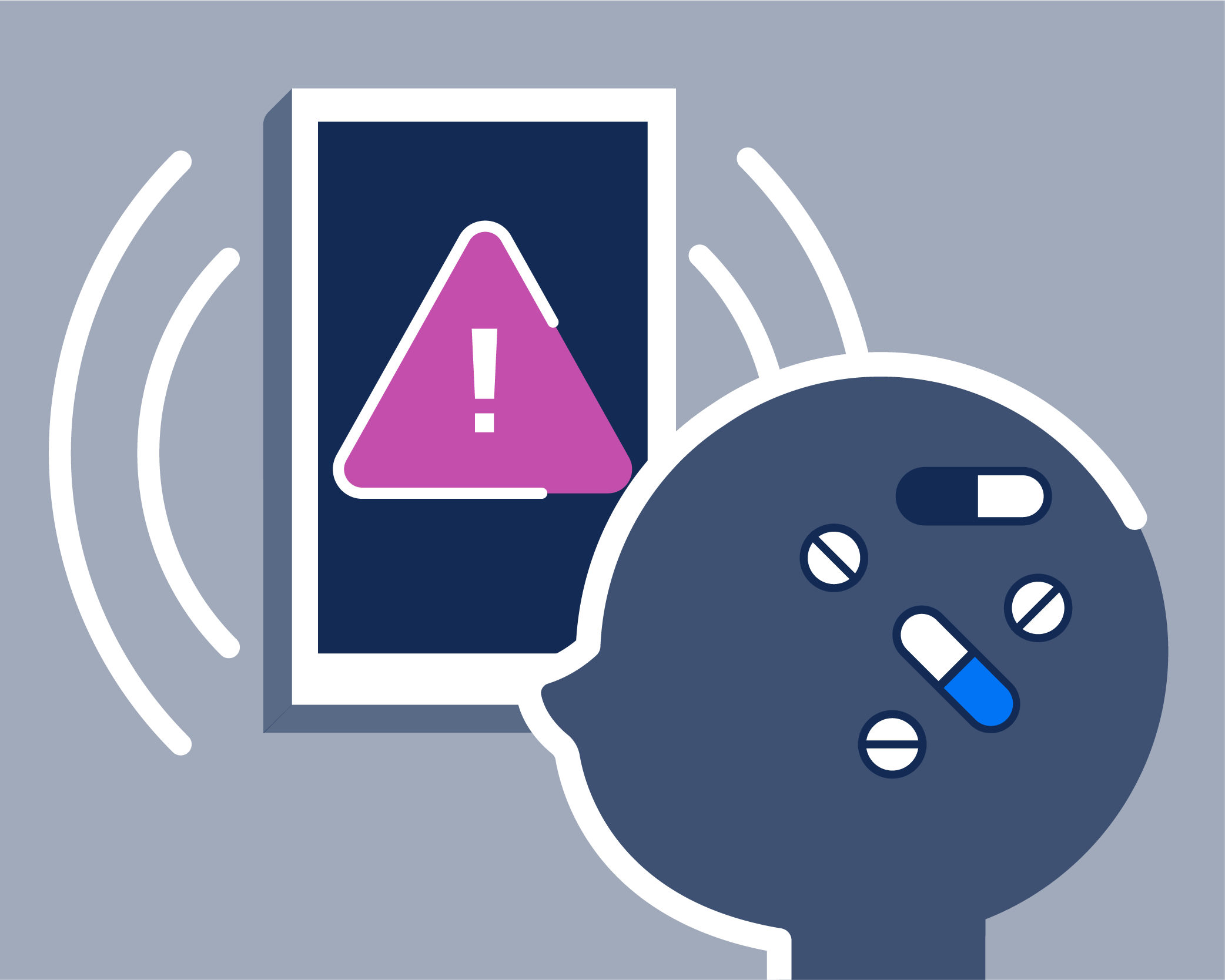
Detection of opioid overdose using smartphones
Opioid overdose is a serious public health crisis in the United States. We developed a smartphone application that can detect the respiratory precursors of an opioid overdose in a timely manner and enable life saving interventions such as calling 911 or a friend with the antidote nolaxone.
With: Rajalakshmi Nandakumar
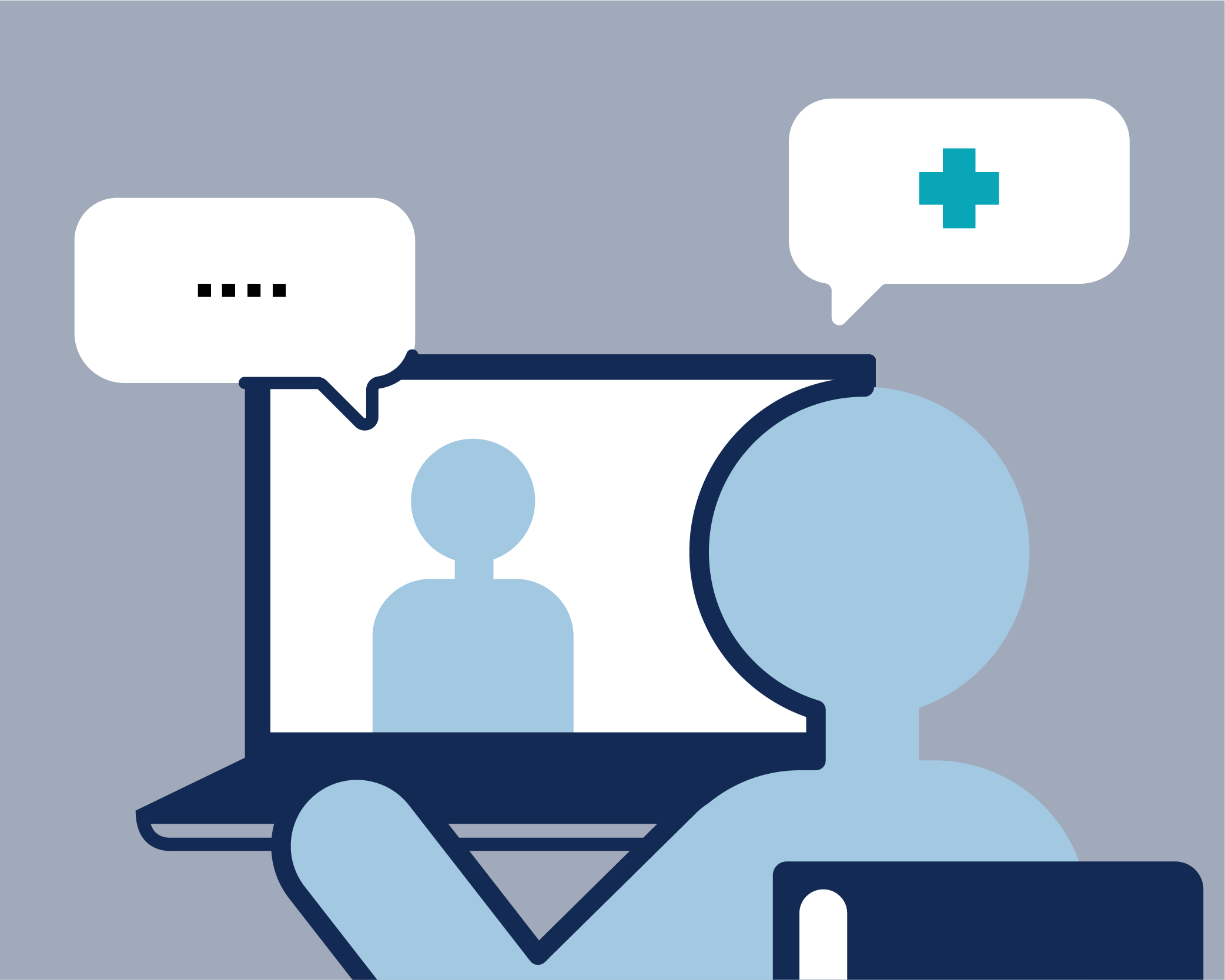
Understanding working alliance in online therapy
Therapy is increasingly moving online, to asynchronous text-based interactions on mobile platforms. In this project, we aim to use conversational analysis techniques with roots in natural language processing to understand how working alliance, a cornerstone of quality therapy, evolves in this new care paradigm.
With: Emily Tseng, Justine Zhang, Derrick Hull, Cristian Danescu-Niculescu Mizil, Tanzeem Choudhury
Cravings and addiction tracking
We designed PuffPacket, a hardware and software research platform that leverages the technology built into vaporizers, e-cigarettes and other electronic drug delivery devices to ubiquitously track substance usage. We aim to utilize this device, along with physiological data from fitness tracker and smartphone-based location and activity information, to identify potential contextual triggers for substance use.
With: Alexander Adams, Tanzeem Choudhury
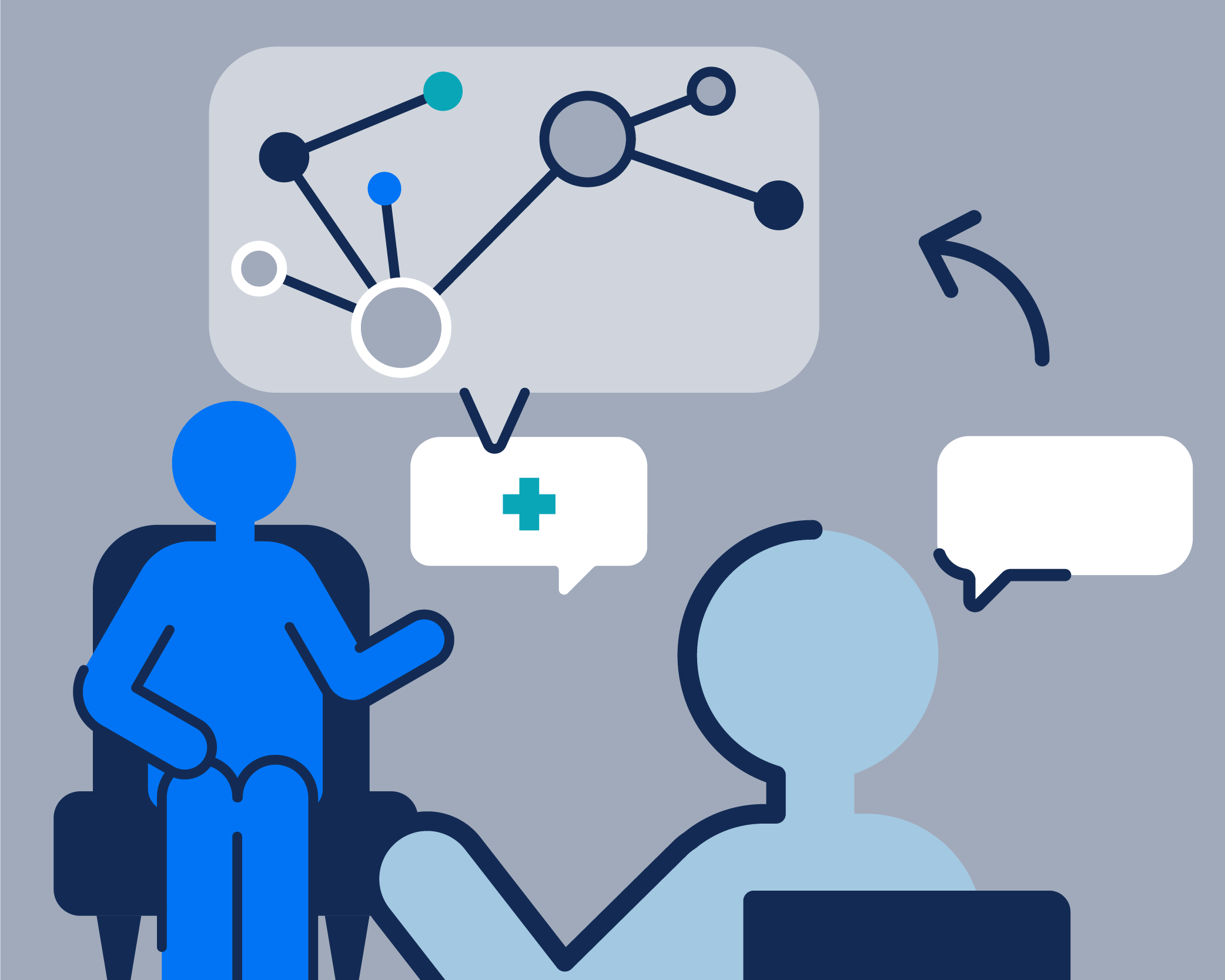
Using NLP to improve counseling for individuals in distress
Together with Crisis Text Line - a free, 24/7 text-message service that connects individuals in distress with crisis counselors - we used natural language processing techniques to analyze more than 1 million texts from nearly 3,500 counselors. Our projects aimed to understand how counselors behaved over the course of their conversations, to inform the training and support provided to them.
With: Justine Zhang, Cristian Danescu-Niculescu Mizil
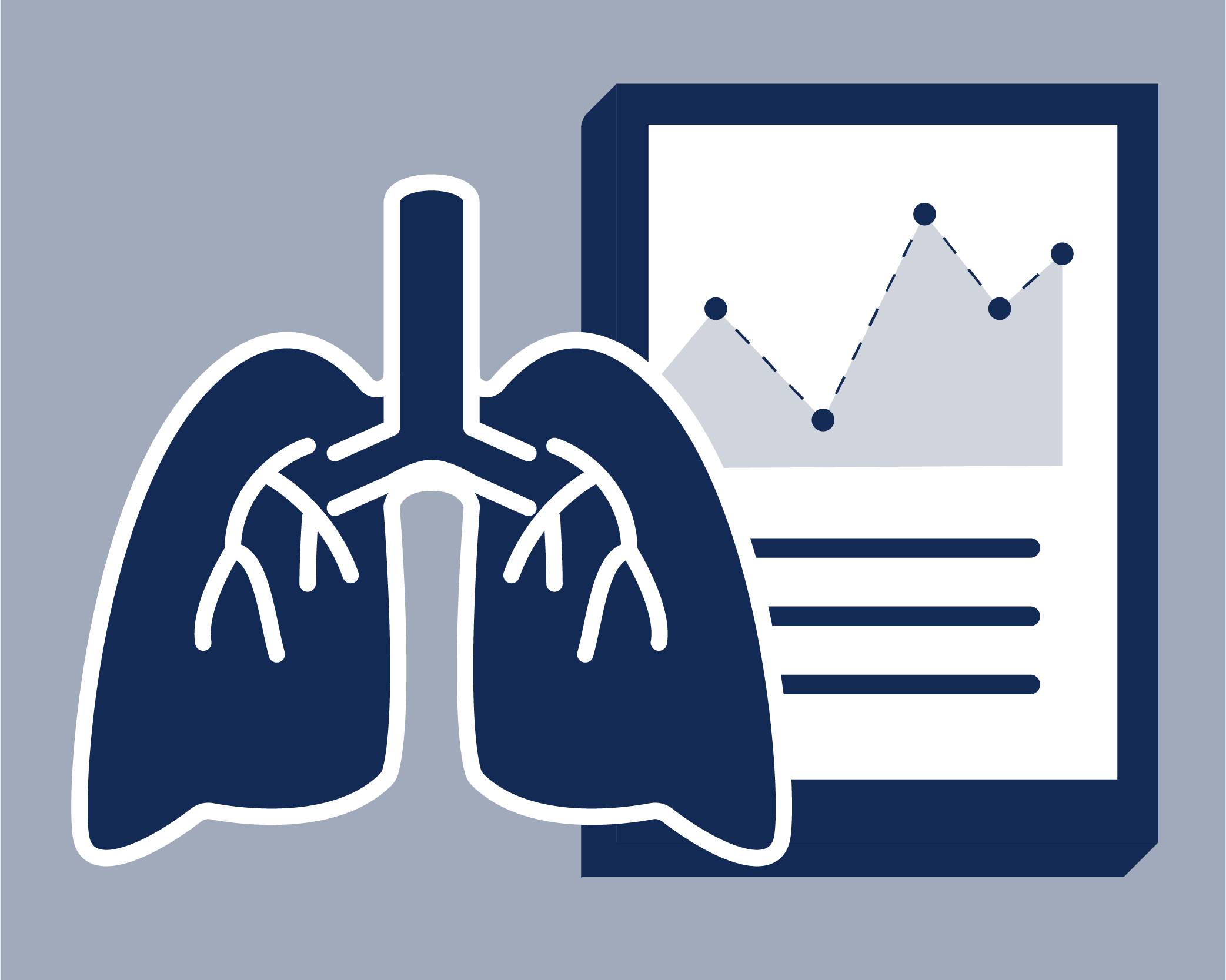
Respiratory function monitoring
We aim to develop a scalable, remote and accurate tracking system of blood oxygen saturation and respiratory signals on smartphone. We design this system to help to monitor and save lives of individuals who might be COVID-19 positive without showing any respiratory complaints or clinical distress, and to allow people who have recovered from COVID-19 to monitor the long-term impact of COVID-19 on lung function.
With: Alexander Adams, Yin Li, Yiran Zhao, Rajalakshmi Nandakumar
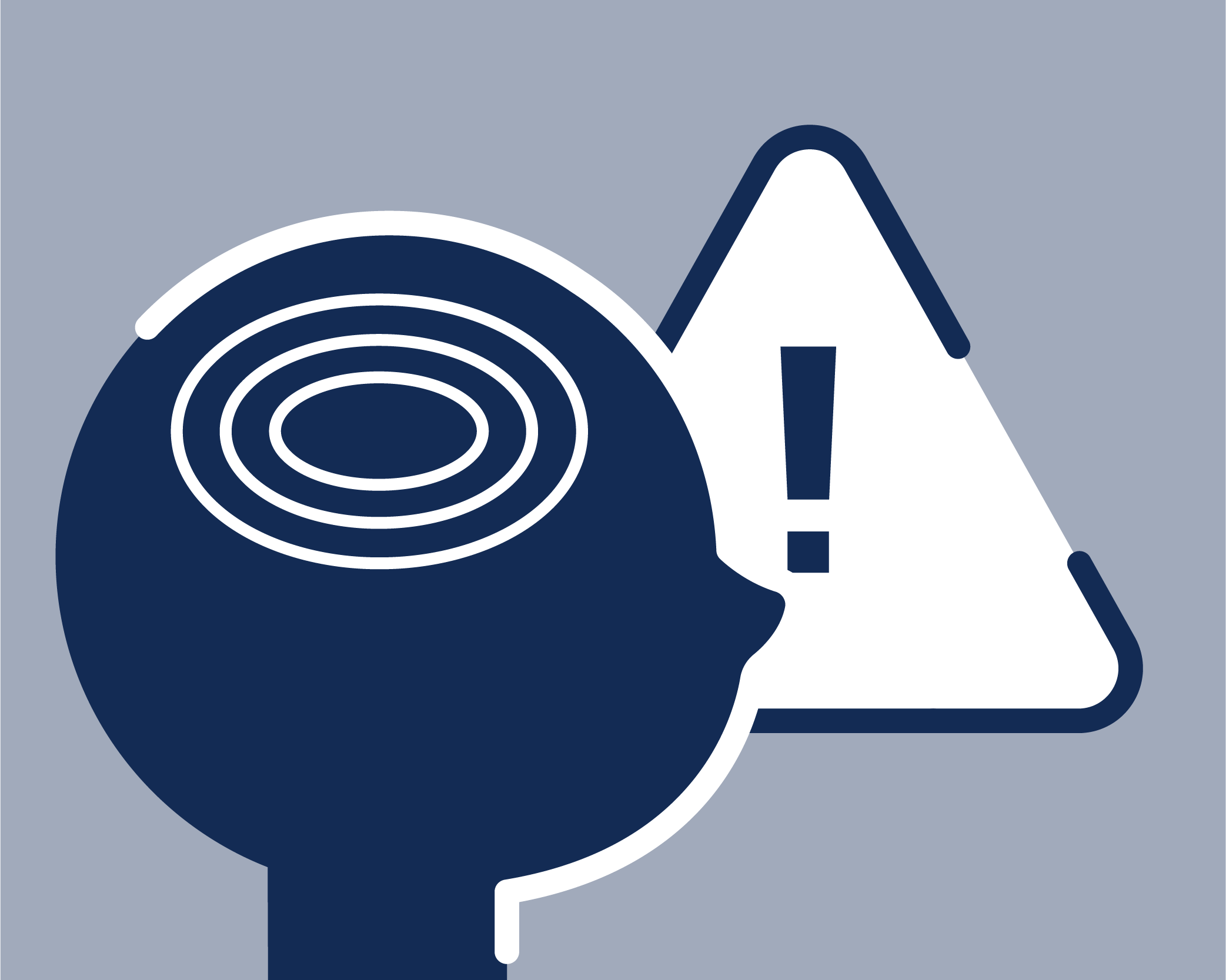
Behavioral monitoring system for early-warning signs of relapse
We and a team of collaborators created CrossCheck: a smartphone-based behavioral monitoring system for early-warning signs of relapse in patients with schizophrenia spectrum disorders. After collecting data using CrossCheck, we found that we can use smartphone data to predict symptom changes within individuals with schizophrenia spectrum disorders, and to uncover underlying participant-specific relapse signatures.
With: Dan Adler, Vincent Tseng, John Kane, Tanzeem Choudhury
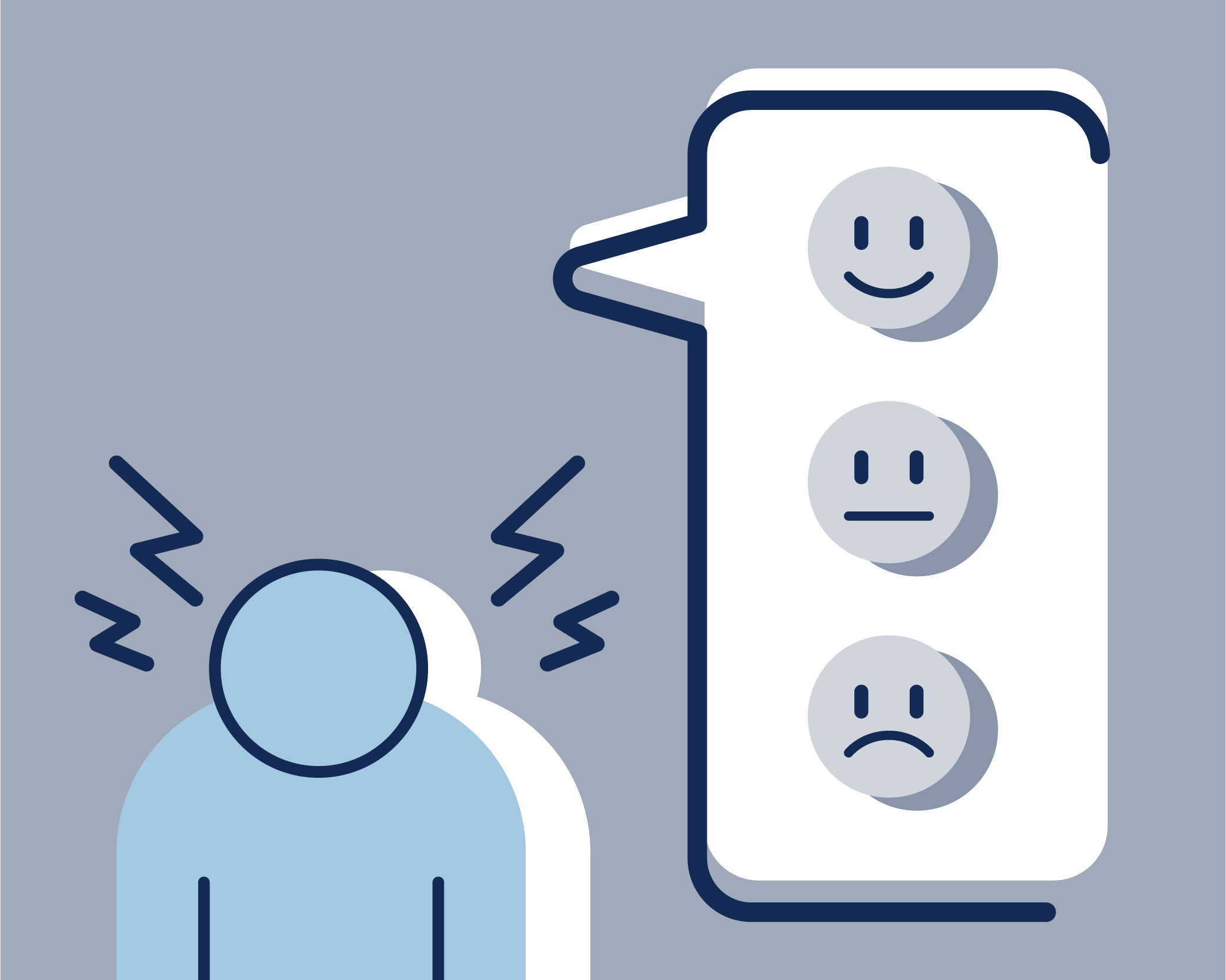
Behavioral and mood changes associated with increased stress
We have recently joined a NIH-funded longitudinal study utilizing wearable data combined with self-reported mood scores to study the effects of increased stress on behavior, mental health, and well-being. Specifically, the study is focused on behavior, mental health and well-being changes that occurred when individuals began a medical internship.
With: Dan Adler, Vincent Tseng, Tanzeem Choudhury
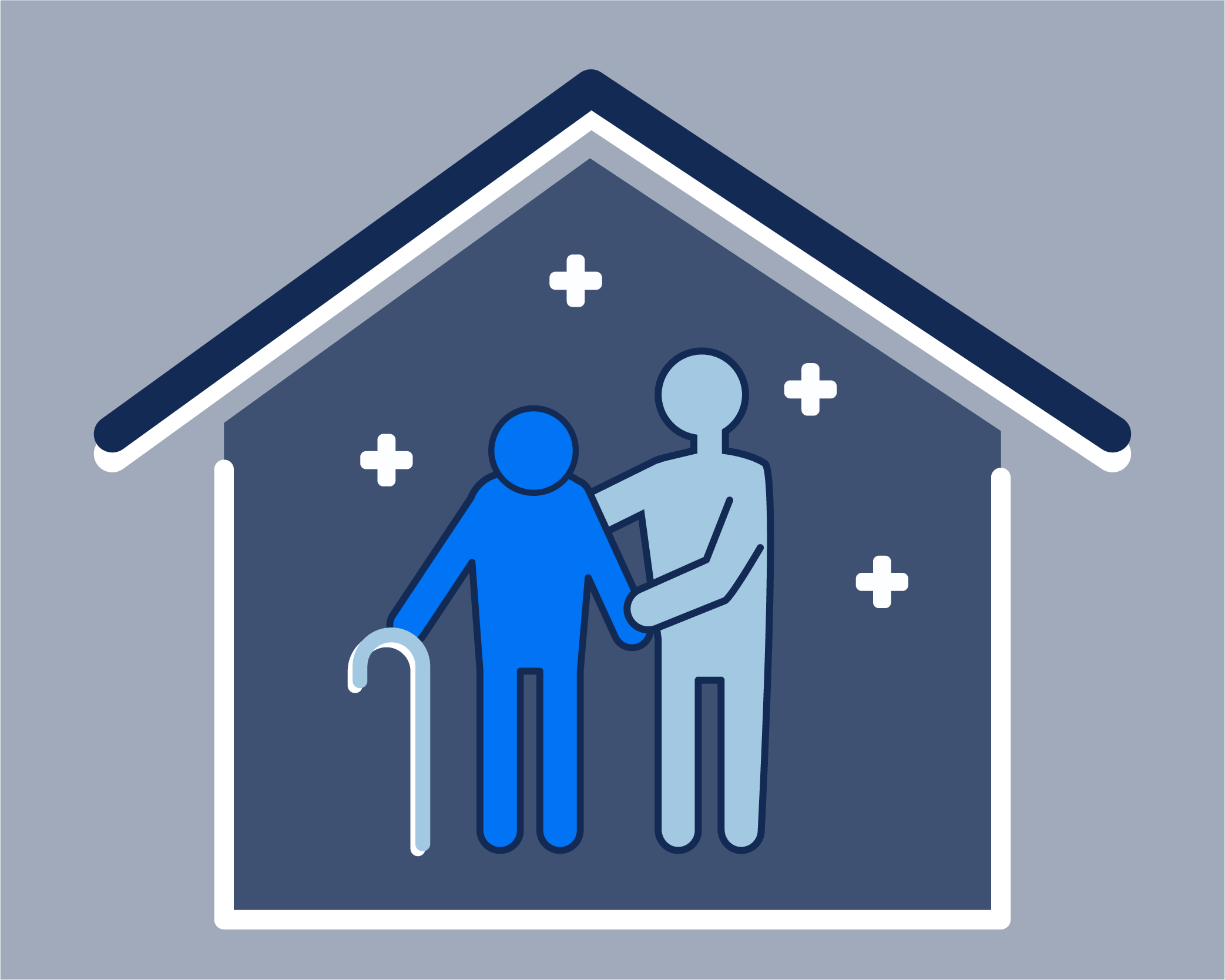
Technology for frontline home health workers
Home health aides are formal caregivers who are vital to the health and wellbeing of millions of patients; yet, they are underpaid, undertrained, and undervalued by healthcare systems. Working with community partners, we have developed technology interventions that reimagine home care to center on these frontline essential workers.
With: Emily Tseng, Anthony Poon, Nicola Dell
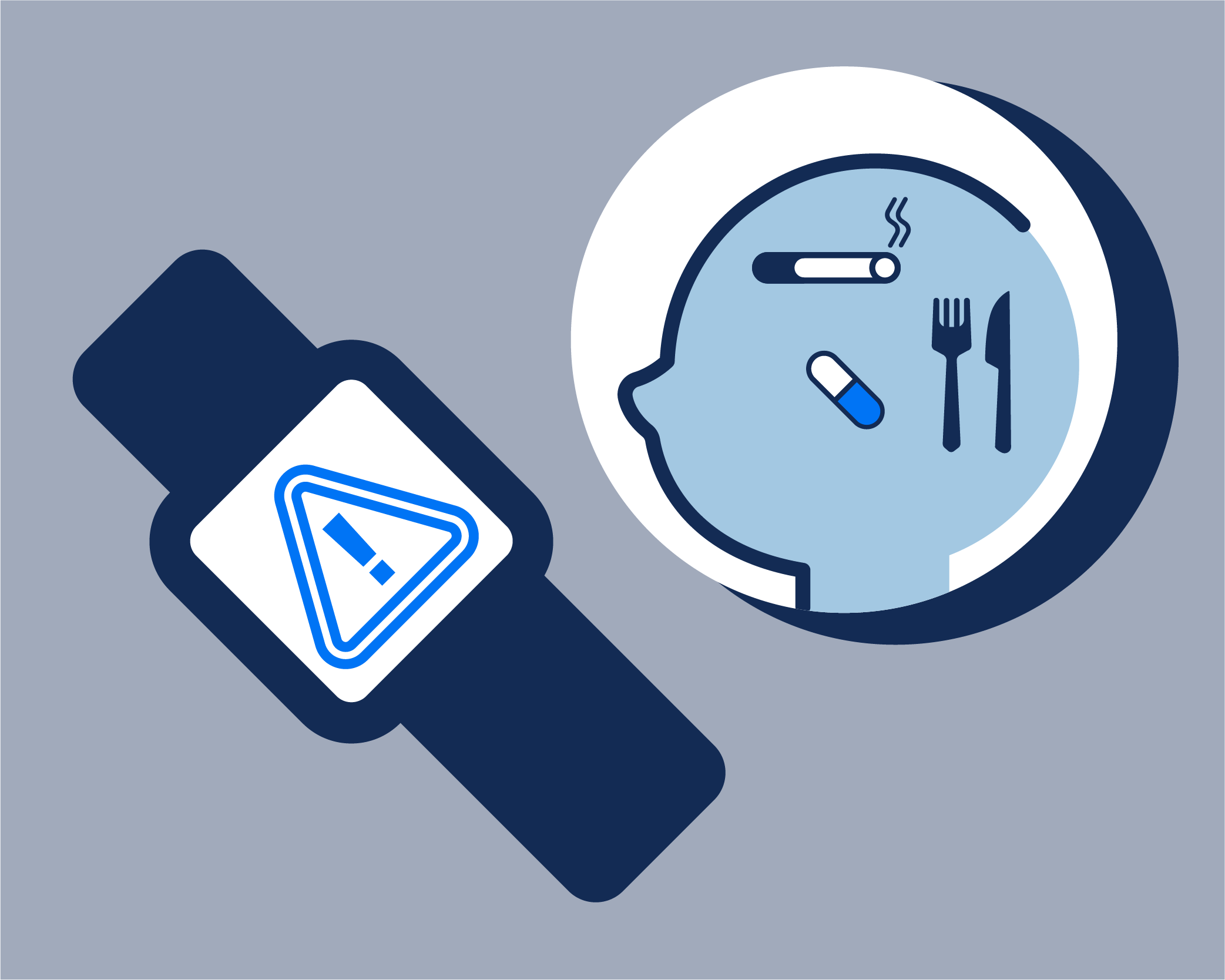
Mitigating craving through wearable technology
We aim to design a non-intrusive, wearable device-based intervention to serve as an alternative to breathing exercise to reduce the arousal caused by craving. We implement an offset heart rate feedback based on our existing work on EmotionCheck and BoostMeUp to understand if offset heart rate feedback can serve such purpose.
With: Yiran Zhao, Alexander Adams, Tanzeem Choudhury